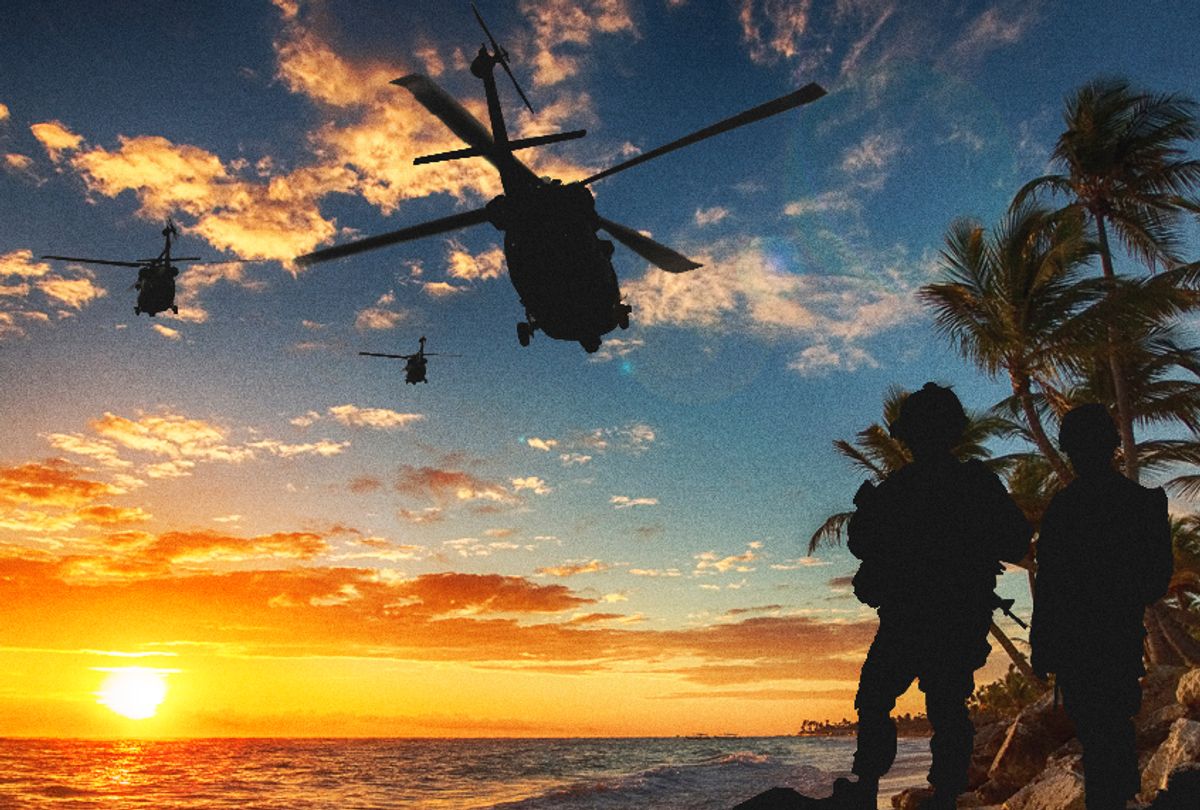Military trips offer unique travel experiences, ranging from exploring historical battlefields and visiting active bases to honoring veterans and delving into military history. These journeys cater to diverse interests, from active-duty personnel seeking camaraderie and relaxation to civilians fascinated by military history and veterans seeking reflection and connection. The planning and logistics, however, vary significantly depending on the trip’s nature and participants.
This exploration delves into the various types of military trips, their associated planning complexities, enriching experiences, economic impact on local communities, and crucial ethical considerations. We’ll examine everything from detailed itineraries to the emotional impact on veterans and the importance of responsible tourism at significant military sites.
The Economic Impact of Military Trips
Military-related tourism, encompassing visits to historical battlefields, military museums, and active bases (where permitted), represents a significant and often underestimated contributor to the economies of various regions globally. This form of tourism generates revenue streams through visitor spending, supporting local businesses and creating employment opportunities, thereby stimulating economic growth in otherwise potentially underserved areas.Military tourism’s economic impact is multifaceted, extending beyond immediate visitor spending to encompass long-term infrastructure development and community revitalization.
The ripple effect of this tourism sector is substantial, impacting a diverse range of stakeholders and contributing to the overall economic well-being of affected communities.
Economic Contributions by Region
The economic contributions of military tourism vary significantly depending on the region and the scale of related activities. For instance, Normandy, France, experiences substantial economic benefits from the annual influx of visitors commemorating D-Day. These visitors contribute significantly to the local hospitality sector, including hotels, restaurants, and tour operators. Similarly, Pearl Harbor in Hawaii benefits from the continuous stream of visitors paying their respects and learning about this pivotal historical event, supporting a range of businesses from transportation services to souvenir shops.
Quantifying the precise economic impact requires detailed studies, but anecdotal evidence and reports from local chambers of commerce consistently highlight the significant contributions of military tourism.
Key Stakeholders in Military Tourism
A network of stakeholders benefits from the economic activity generated by military trips. Hotels and other accommodation providers directly profit from visitor stays. Tour operators, often specializing in historical or military-themed tours, play a crucial role in organizing and facilitating these trips, generating revenue through tour packages and related services. Local businesses, such as restaurants, souvenir shops, and transportation providers, also experience a boost in sales and revenue due to the increased visitor traffic.
Furthermore, museums and historical sites directly related to military history benefit from increased admissions and related revenue streams. The employment opportunities created across these sectors contribute to the overall economic health of the community.
Potential for Economic Growth Through Targeted Initiatives, Military trips
The potential for economic growth through targeted military tourism initiatives is substantial. Strategic investments in infrastructure, such as improved transportation links and enhanced visitor facilities at historical sites, can significantly increase the attractiveness of these destinations. The development of specialized military tourism packages, incorporating interactive experiences and educational programs, can further enhance the appeal and profitability of these offerings.
Marketing campaigns targeting specific demographic groups, such as history buffs, veterans, and families, can also contribute to increased visitor numbers and economic benefits. For example, the creation of interactive exhibits at historical battlefields or the development of themed walking tours can significantly enhance the visitor experience and generate greater economic returns. Furthermore, partnerships between local governments, tourism agencies, and private businesses can create a synergistic environment for the growth and development of military tourism.
Military trips, whether focused on historical remembrance or modern military operations, provide invaluable opportunities for education, reflection, and community building. Understanding the logistical challenges, ethical considerations, and economic impact is crucial for ensuring these journeys are both meaningful and respectful. By promoting responsible tourism and supporting local communities, we can continue to honor the past and foster a deeper appreciation for military service and history.
Find out further about the benefits of adventures for seniors that can provide significant benefits.


